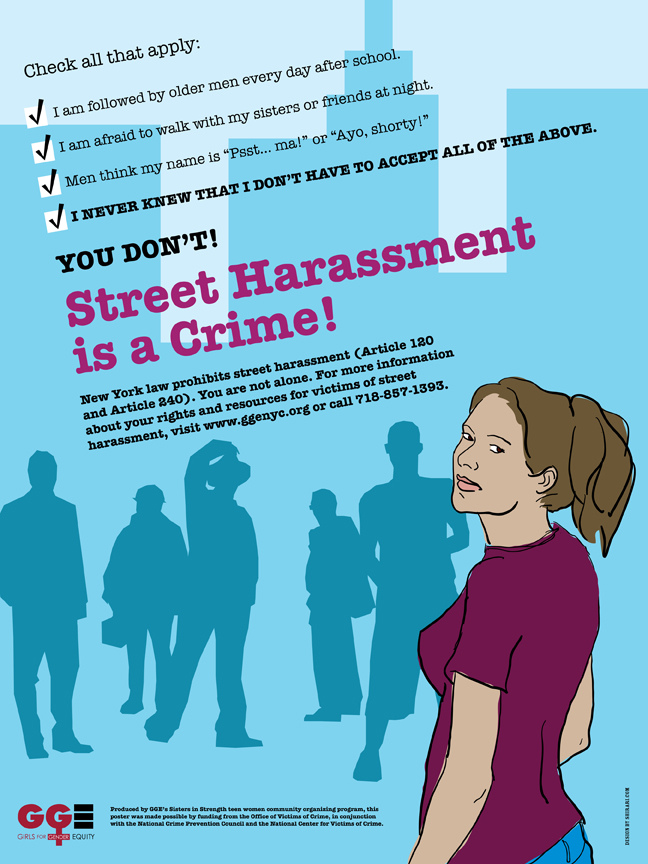I was 17 and working at a Winn Dixie as a cashier. One day an old man came up to me and started telling me how beautiful I was and kept asking me when I got off work and when I was working next. I was insanely creeped out by this man, but our managers were assholes and told us no matter what we had to always smile and be friendly. So, even though this man was being totally out of line, I had to smile and act like everything was ok, lest I get fired. I never gave him my schedule because that was a huge red flag. I was absolutely repulsed.
At around the same time I was also being stalked by an older creepy man who sounded like Norm from SNL. He would always drive around the parking lot and if he saw my car he would come inside, buy some meaningless junk, and insist on coming through my line. I had even caught him staring at my ass when I was working on the soda fridge at the end of my register. It was so incomfortable. I even had to have coworkers walk me out to my car because I had a fear this man would kidnap me.
– Anonymous
Location: Chelsea, Alabama
Share your street harassment story for the blog.
See the book 50 Stories about Stopping Street Harassers for more ide

